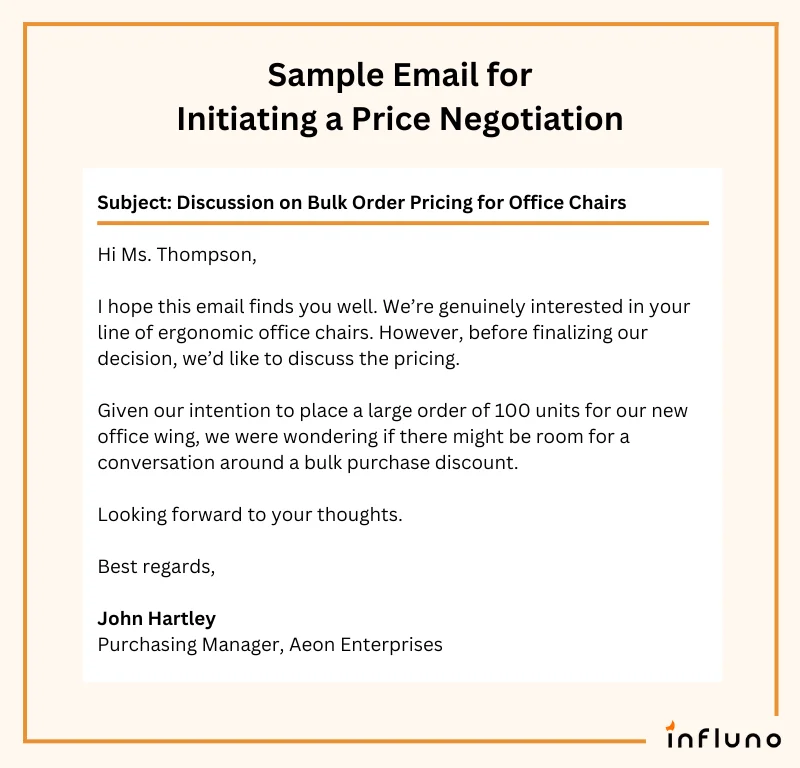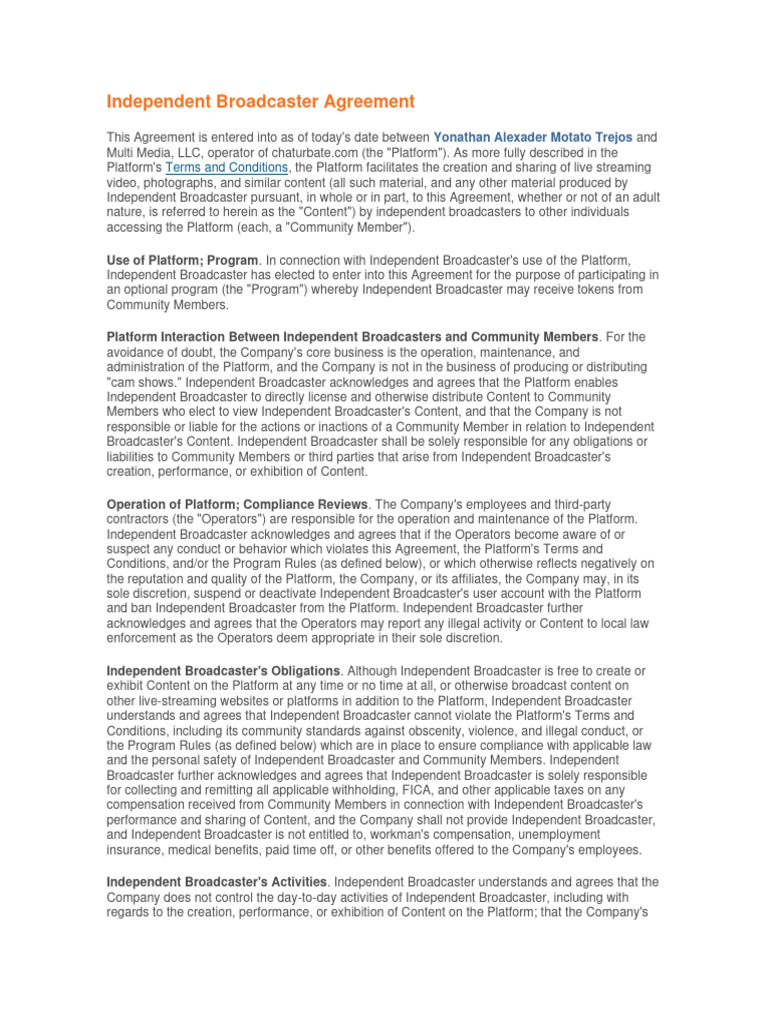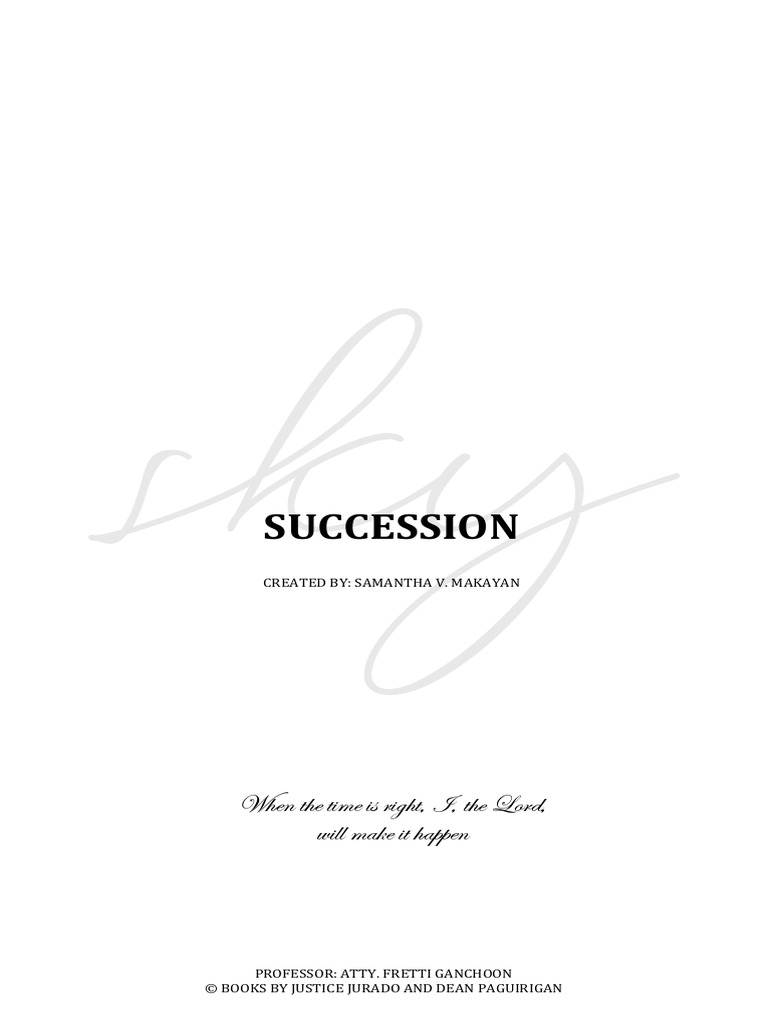Job Offer Negotiation: Strategies For "Best And Final" Offers

Table of Contents
Understanding the "Best and Final" Offer
Recognizing the Signal
A "best and final" offer isn't always explicitly stated. Recognizing the subtle signals is crucial for effective job offer negotiation. Employers may use verbal cues during a phone call or specific phrasing in an email.
- Common Phrases: Look for phrases like, "This is our best and final offer," "We've reached the limit of our budget," or "This is all we can offer at this time." Sometimes, the implication is clearer than the explicit statement. A rushed tone or an unwillingness to further discuss compensation can also signal a final offer.
- Employer's Perspective: Understand that employers often reach a "best and final" point due to budgetary constraints, internal approvals processes, or a desire to conclude the hiring process efficiently.
- Implications of Rejection: Rejecting a "best and final" offer carries the risk of losing the job opportunity. However, sometimes, a well-crafted counteroffer can still yield positive results.
For example, an email might state, "We appreciate your interest and enthusiasm. After careful consideration, our best and final offer is [details]. Please let us know your decision by [date]." This clearly indicates a final offer. Conversely, a less direct statement, such as, "We're happy to discuss your concerns further," suggests more negotiation may be possible.
Preparing Your Negotiation Strategy Before the "Best and Final"
Researching Industry Standards
Before even receiving an offer, thorough research is key to successful salary negotiation and benefits negotiation. Knowing your worth is essential.
- Online Resources: Utilize websites like Glassdoor, Salary.com, Payscale, and LinkedIn Salary to research salary benchmarks for similar roles in your location and industry.
- Experience and Skills: Consider your experience, skills, education, and accomplishments when evaluating your market value. Quantify your achievements whenever possible.
- Competitive Benefits: Investigate the benefits packages offered by competing companies. This gives you leverage during negotiations.
By meticulously comparing your skills and experience to market data, you can determine a realistic salary expectation and confidently counter any offer that undervalues your contributions.
Responding to a "Best and Final" Offer
Strategic Counter-Offers (When Appropriate)
A counter-offer isn't always necessary or advisable, but in certain situations, it can be effective.
- Focus on Specifics: Don't simply ask for a higher salary. Instead, target specific aspects of the offer, such as signing bonus, vacation time, or professional development opportunities.
- Justify Your Value: Back up your counter-offer with concrete examples of how you've added value in previous roles or how your skills uniquely benefit the company.
- Professional Tone: Maintain a professional and respectful tone throughout the communication. Express your continued interest in the position while stating your needs clearly.
For example, instead of saying "I need a $10,000 raise," try, "Based on my research and my experience leading similar projects resulting in X% increase in efficiency, I believe a salary of [desired salary] better reflects my market value."
Negotiating Benefits Beyond Salary
The Importance of Comprehensive Benefits
The total compensation package goes beyond just salary. Negotiating benefits can significantly impact your overall financial well-being.
- Negotiable Benefits: Don't overlook vacation time, flexible work arrangements (remote work options, flexible hours), professional development stipends, or tuition reimbursement.
- Health and Retirement: Consider negotiating better health insurance coverage, retirement plan contributions (401k matching, pension), and other perks.
- Personal Prioritization: Prioritize the benefits that are most important to you personally. For instance, if work-life balance is crucial, negotiate for flexible hours or generous vacation time.
Knowing When to Walk Away
Recognizing Deal Breakers
Knowing your limits is just as important as knowing your worth.
- Financial Situation: Consider your personal financial situation and long-term career goals. Don't undervalue yourself for a seemingly "good" job.
- Work Environment: Assess the overall work environment, company culture, and potential for growth. Is this company the right fit for your career aspirations?
- Walk-Away Point: Determine your "walk-away" point beforehand. This is the lowest acceptable offer you're willing to accept.
Don't be afraid to walk away from a "best and final" offer that doesn't meet your expectations or align with your values. Your skills and experience are valuable, and you deserve to be compensated fairly.
Conclusion
Negotiating a "best and final" job offer requires careful preparation and strategic communication. By thoroughly researching industry standards, crafting a compelling counter-offer (when appropriate), and understanding your own worth, you can significantly improve your chances of securing the most advantageous compensation package. Remember to prioritize both salary and benefits, and don't be afraid to walk away if the offer doesn't meet your expectations. Mastering job offer negotiation, specifically handling best and final offers, is a crucial skill for career advancement. Start practicing these strategies today and confidently navigate your next job offer negotiation process.

Featured Posts
-
 Ecb And Bbc Announce Four Year Broadcasting Rights Agreement
May 23, 2025
Ecb And Bbc Announce Four Year Broadcasting Rights Agreement
May 23, 2025 -
 Jonathan Groff And Just In Time A Tony Awards Contender
May 23, 2025
Jonathan Groff And Just In Time A Tony Awards Contender
May 23, 2025 -
 Tour De France Returns To Uk Edinburgh To Host 2027 Grand Depart
May 23, 2025
Tour De France Returns To Uk Edinburgh To Host 2027 Grand Depart
May 23, 2025 -
 Lea Michele Daniel Radcliffe And More Celebrate Jonathan Groffs Broadway Debut
May 23, 2025
Lea Michele Daniel Radcliffe And More Celebrate Jonathan Groffs Broadway Debut
May 23, 2025 -
 Understanding The Power Dynamics In Succession Sky Atlantic Hd
May 23, 2025
Understanding The Power Dynamics In Succession Sky Atlantic Hd
May 23, 2025
Latest Posts
-
 April 8 2025 Nyt Mini Crossword Complete Solution Guide
May 23, 2025
April 8 2025 Nyt Mini Crossword Complete Solution Guide
May 23, 2025 -
 Nyt Mini Crossword Clues And Answers For March 5 2025
May 23, 2025
Nyt Mini Crossword Clues And Answers For March 5 2025
May 23, 2025 -
 Solve The Nyt Mini Crossword April 6 2025 Hints And Answers
May 23, 2025
Solve The Nyt Mini Crossword April 6 2025 Hints And Answers
May 23, 2025 -
 Nyt Mini Crossword Sunday May 11 Clues And Solutions
May 23, 2025
Nyt Mini Crossword Sunday May 11 Clues And Solutions
May 23, 2025 -
 Nyt Mini Crossword Answers April 8 2025 Tuesday
May 23, 2025
Nyt Mini Crossword Answers April 8 2025 Tuesday
May 23, 2025
